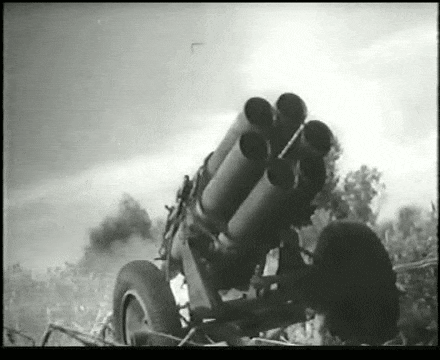 Most scholars agree that Treaty of Versailles with its extremely harsh terms for Germany and Austria-Hungary greatly contributed to the future World War II; but in the end responsibility for the greatest conflict in human history lies on one man: Adolf Hitler.
Most scholars agree that Treaty of Versailles with its extremely harsh terms for Germany and Austria-Hungary greatly contributed to the future World War II; but in the end responsibility for the greatest conflict in human history lies on one man: Adolf Hitler.
By the end of the 1930s he didn’t even make any pretense of following the terms of the treaty: Germany’s economy was firmly put on war footing, the country was ablaze with revanchist sentiment, and Hitler enjoyed absolute dictatorial power. Soviet Union was on friendly terms with new Germany, and Western powers, though troubled by the situation, did nothing to enforce the Treaty of Versailles – partly because popular opinion was on the side of Germans, who restored their country to its natural position of European power, partly because the memory of war was too fresh, and nobody was eager to repeat it.
Britain and France followed the policy of appeasement. When Hitler declared the need for Lebensraum, or living space for German nation, annexed Austria naming it a natural reunification of Germans under one rule, and accused Czechoslovakia of oppressing its large German population in Sudetenland, European leaders led by the British Prime Minister Neville Chamberlain did everything to meet all his demands. The idea was that after restoring Germany to what he considered its rightful position, Hitler wouldn’t start a new European conflict.
It was a mistake. After the Anschluss of Austria and occupation of Sudetenland and other territories in Eastern Europe, Germany signed a Nonaggression Pact with the Soviet Union on August 23, 1939, delineating spheres of influence of both dictatorships in Europe. After that, Hitler was free to do anything he wanted, and a mere week later the World War II began.
On September 1 German army, 1.5 million strong, invaded Poland and, despite fierce resistance, soon got upper hand. When the Soviet forces entered Poland from the east it became clear that Polish plan of defense was no longer feasible, and early in October the country was fully occupied and divided between Germany and the USSR. Although France and Great Britain declared war on Germany early on, their aid to beleaguered Poland was extremely limited.
What followed is often called the Phoney War – Hitler offered Great Britain and France peace on the basis of recognizing German dominance in continental Europe – but it finally dawned on European leaders just how much Hitler’s promises and treaties are actually worth. Up until May of 1940 the hostilities between Germany and other European powers almost ceased.
Meanwhile, the USSR got involved in a debacle known as the Winter War. After Finland refused to cede territory, Soviets invaded the country. Joseph Stalin didn’t expect this small and insignificant state to mount any kind of resistance, but was gravely mistaken – despite having overwhelming quantitative and technological superiority, the USSR only barely managed to win the war, losing more than 300,000 men and foregoing the intention of installing a puppet Communist government in Finland.
World War II was about to enter its major phase.